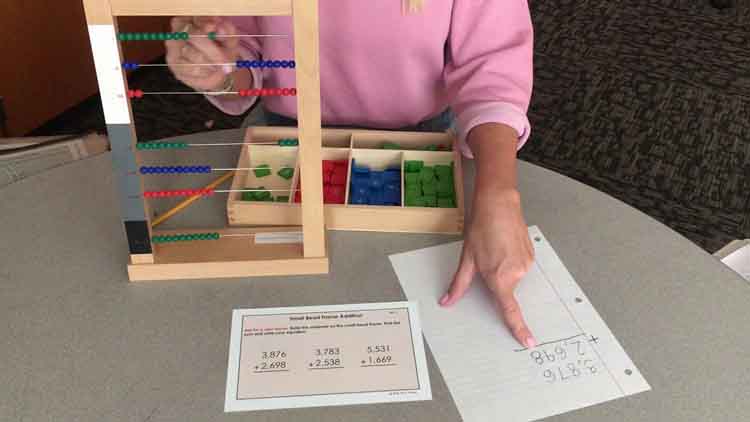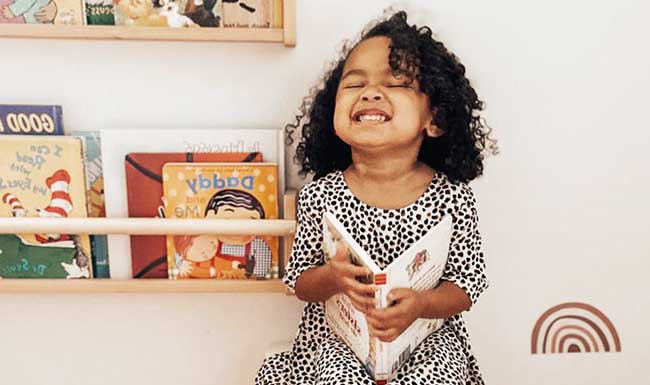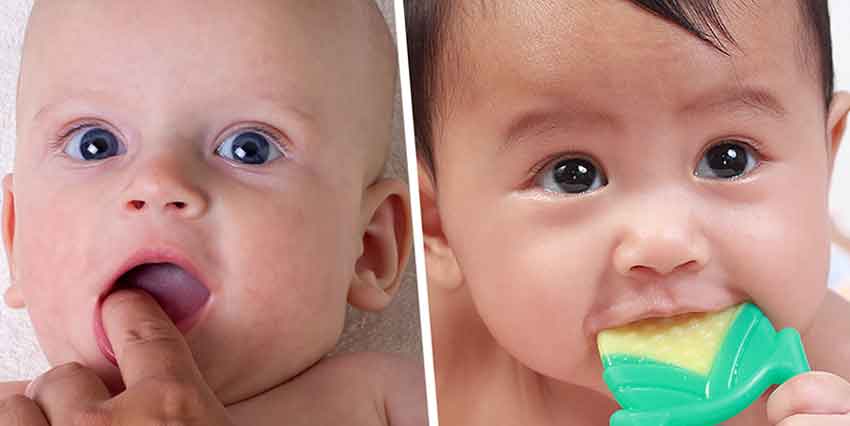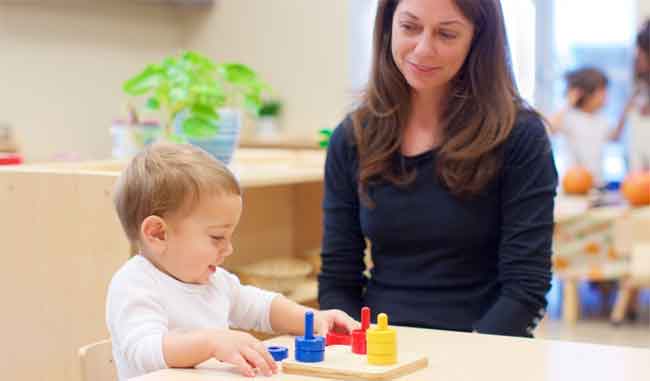In the rapidly evolving landscape of the twenty-first century, parents are increasingly seeking educational methods that foster independence, creativity, and critical thinking in their children. One approach gaining traction is Montessori parenting, which draws from the principles of the Montessori method developed by Dr. Maria Montessori over a century ago. This article explores how Montessori parenting is adapting to modern challenges and opportunities, providing parents with valuable insights for raising children in today’s world.
Understanding Montessori Parenting
At its core, Montessori parenting is rooted in the philosophy that children learn best in environments that respect their natural development. This approach encourages parents to observe their children, understand their interests, and provide appropriate materials and opportunities for exploration. Montessori parenting emphasizes the following principles:
- Child-Centered Learning: Focus on the child’s interests and pace of learning.
- Independence: Encourage children to make choices and develop self-discipline.
- Respect for the Child: Treat children as capable individuals with unique abilities.
- Prepared Environment: Create spaces that are conducive to exploration and learning.
These principles remain relevant in the context of today’s technology-driven world.
The Relevance of Montessori Parenting Today
Fostering Independence in a Digital Age
In an era where screens dominate much of children’s lives, fostering independence can be challenging yet essential. Montessori parenting emphasizes self-directed learning, allowing children to explore their interests without constant adult intervention. By providing a variety of hands-on materials and activities, parents can help children develop critical thinking skills and problem-solving abilities, which are crucial in a technology-oriented society.
Balancing Technology and Traditional Play
While technology is an integral part of modern life, Montessori parenting advocates for a balanced approach. Instead of replacing traditional play, technology should complement it. Parents can introduce educational apps and programs that align with Montessori principles, encouraging children to engage in interactive learning while also promoting physical activities and social interactions. This balance helps children develop digital literacy without sacrificing essential life skills.
Cultivating Emotional Intelligence
In today’s fast-paced world, emotional intelligence is more important than ever. Montessori parenting fosters emotional growth by encouraging open communication and self-expression. By providing a safe space for children to discuss their feelings and experiences, parents can help them develop empathy and resilience. Activities such as role-playing, storytelling, and collaborative projects can nurture these skills, preparing children for the complexities of modern life.
Creating a Montessori Environment at Home
Designing Learning Spaces
Creating a Montessori-inspired environment at home doesn’t require a complete overhaul of your living space. Small adjustments can make a significant impact. Here are some tips for designing a learning-friendly environment:
- Accessibility: Arrange furniture and materials so that children can easily access them. Use low shelves for books and toys, allowing children to choose activities independently.
- Natural Materials: Opt for toys and materials made from natural resources rather than plastic. Items like wooden blocks, puzzles, and art supplies encourage sensory exploration and creativity.
- Defined Areas: Create specific areas for different activities, such as reading, art, and construction. This organization helps children understand where to go for various types of play.
- Minimalism: Keep the environment uncluttered. Too many toys can overwhelm children, making it difficult for them to focus and engage.
Encouraging Practical Life Skills
Montessori parenting places a strong emphasis on practical life skills, which are essential for fostering independence. In the twenty-first century, these skills are vital for preparing children for adult responsibilities. Here are some ways to incorporate practical life skills into daily routines:
- Involve Children in Chores: Encourage children to participate in household tasks like cooking, cleaning, and gardening. These activities teach responsibility and help develop fine motor skills.
- Encourage Decision-Making: Allow children to make choices about their daily activities, from selecting their outfits to planning meals. This practice promotes critical thinking and decision-making abilities.
- Teach Money Management: Introduce concepts of saving and spending early on. Setting up a small allowance system can help children learn about financial responsibility in a hands-on way.
Montessori Parenting Resources in the Digital Age
With the rise of online resources, parents can access a wealth of information on Montessori parenting. Websites, social media groups, and online courses offer valuable guidance and support. Here are a few resources to consider:
- Montessori Blogs and Websites: Many educators and parents share their experiences and ideas online, providing inspiration and practical tips.
- Online Courses: Several platforms offer courses on Montessori principles and practices, enabling parents to deepen their understanding.
- Social Media Groups: Join Facebook groups or follow Instagram accounts dedicated to Montessori parenting for community support and shared resources.
Montessori parenting offers a timeless approach to education that is particularly relevant in the twenty-first century. By embracing the principles of child-centered learning, independence, and emotional intelligence, parents can equip their children with the skills necessary to thrive in a complex world. As we navigate the challenges of modern parenting, the Montessori method provides a valuable framework for fostering resilient, creative, and capable individuals. By creating supportive environments and embracing the joys of learning, parents can ensure that their children are well-prepared for the future.




